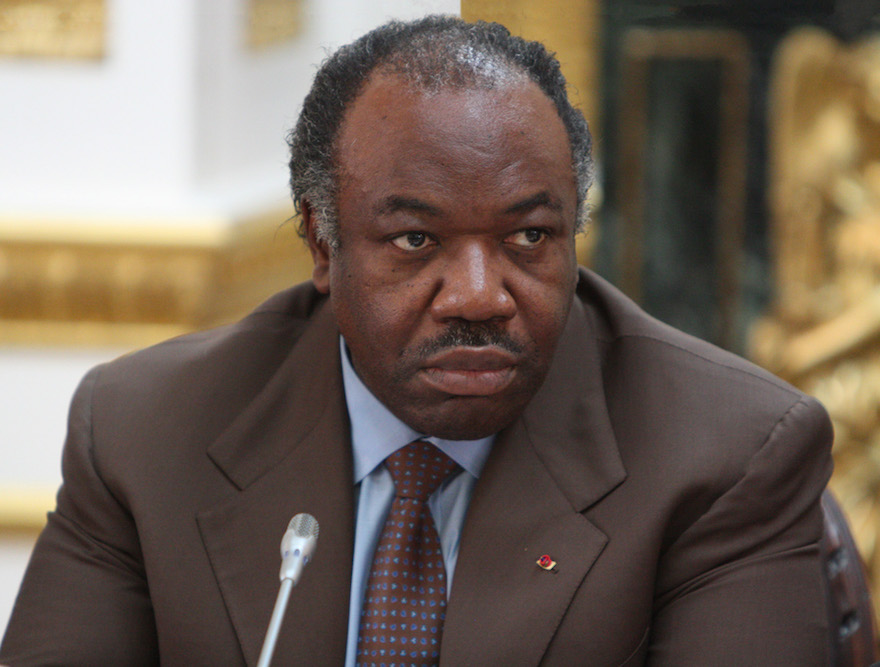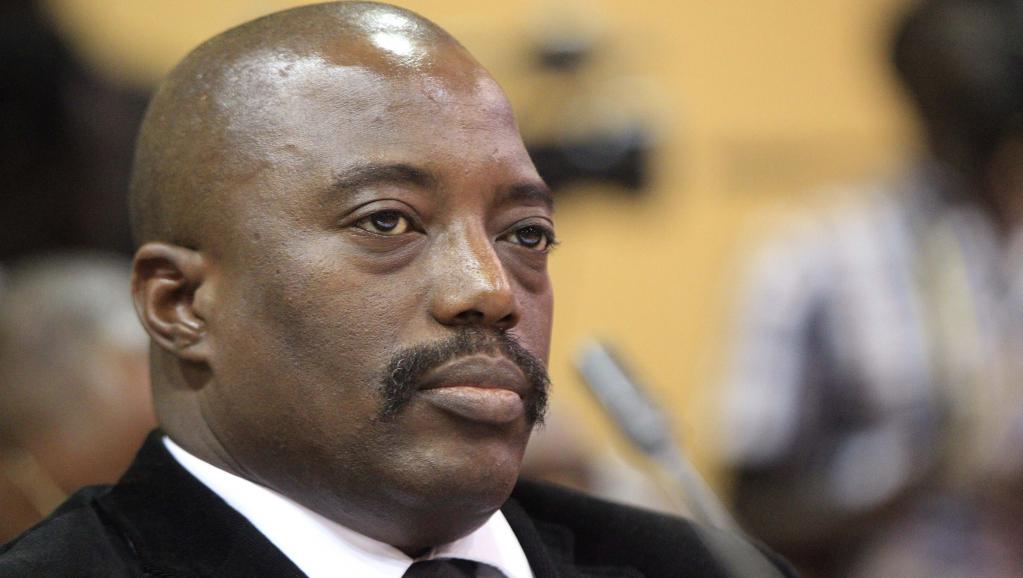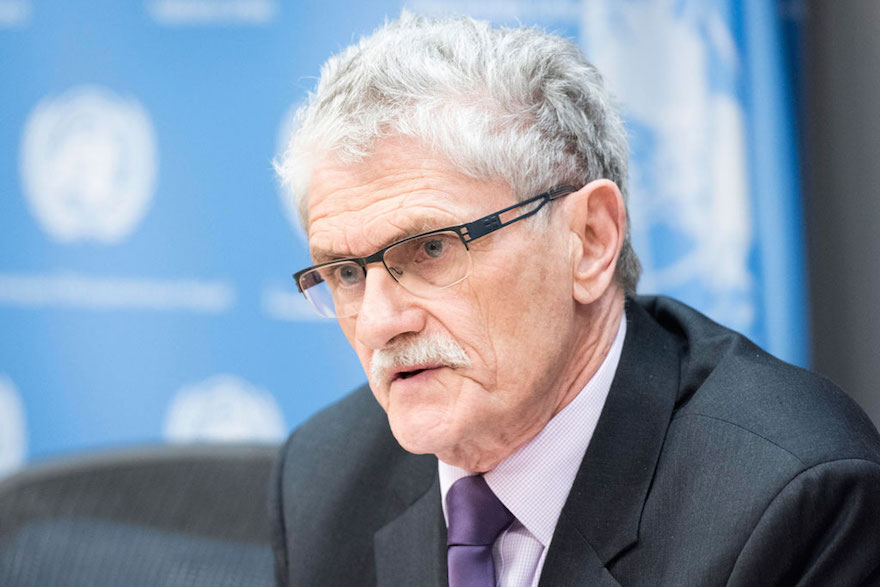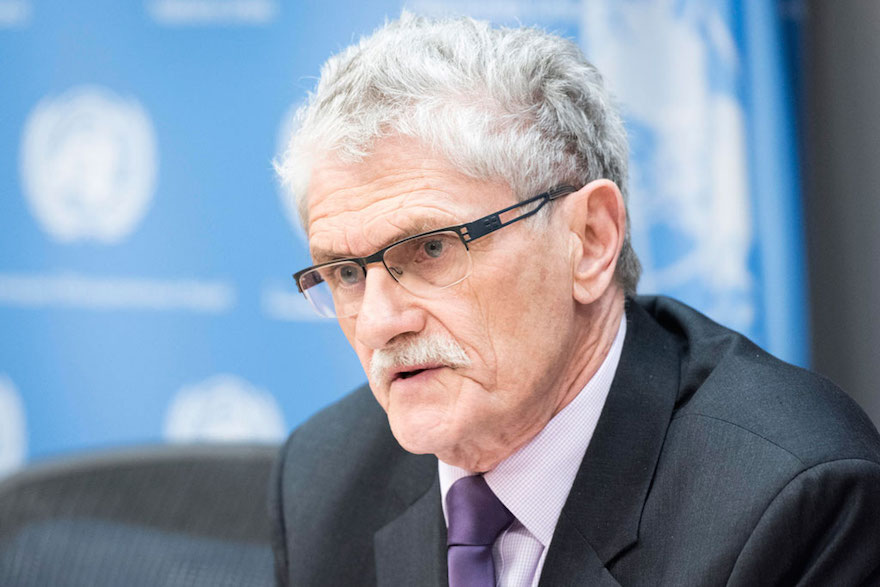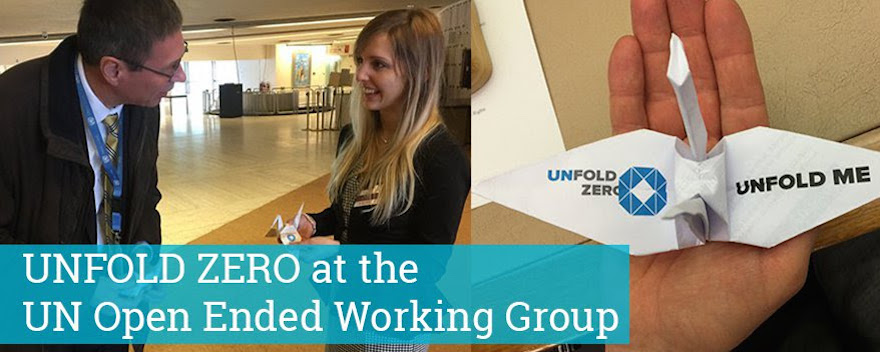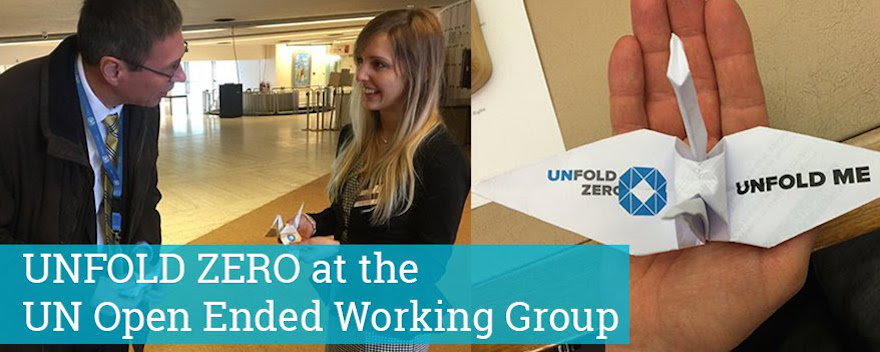NEW YORK | NAIROBI (INPS | GIN) – A foreign company – let’s call it Goliath – is battling two small counties in Kenya – we’ll call them David – over the rights to prime farmland from which the Kenyans are seeking a small slice for public use.
The two counties – Murang’a and Kiambu – were looking for a better deal from the Del Monte juice company which was looking to renew its contracts for farmland, expiring in 2022 in Murang’a, and 2019 in Kiambu.
But the proposal to set aside 3,000 acres for public use out of the approximately 22,500 acres leased by Del Monte was received with outrage. The company took their case to court.


